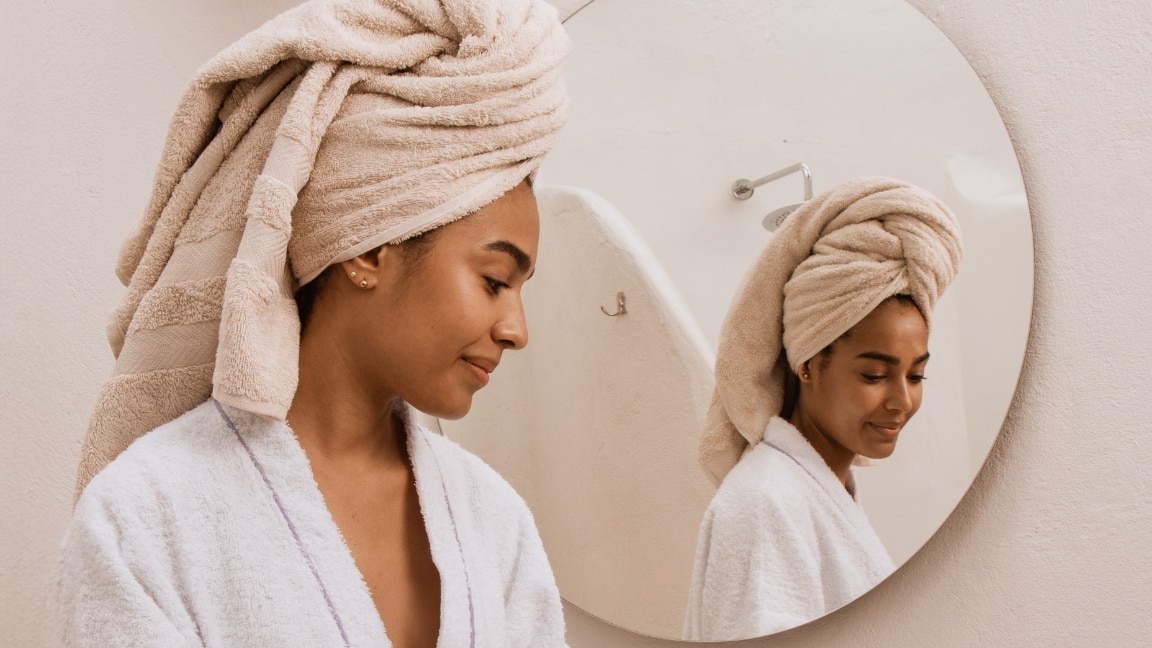You might think that foundation or concealer is the ideal first makeup step of makeup, but makeup artists want to tell you otherwise: skin prep should really come before. Without the right skin prep before makeup, even the most luxurious products can crease, fade, or look patchy. Makeup artist Priya Todarwal explains, "Prepping the skin is key for any makeup routine to get that flawless base we all desire. With the right steps, you're assured of a smooth surface and long-lasting staying power."
01Why skin prep before makeup matters
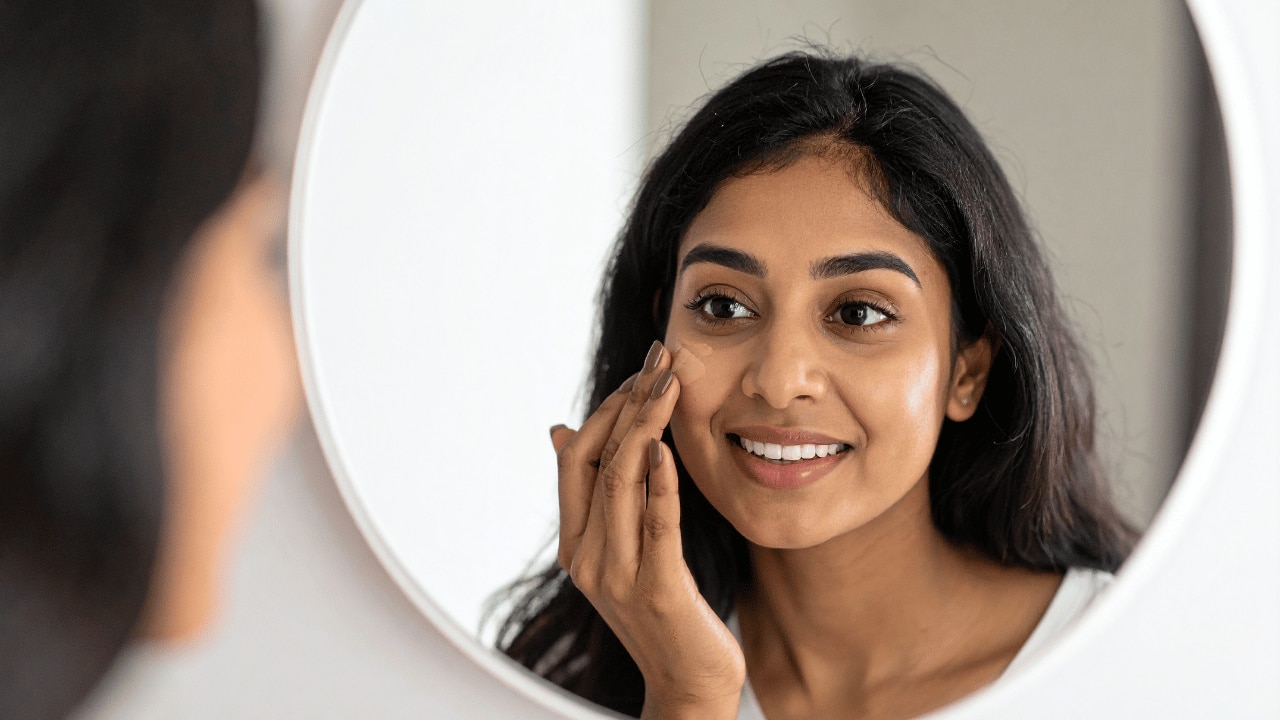
Prepped skin means smoother application, fewer touch-ups, and makeup that feels comfortable for hours. Here's why skin prep is so key:
- Smooths skin texture so foundation applies evenly.
- Prevents makeup from clinging to dry patches or slipping off oily areas.
- Keeps skin hydrated, which stops makeup from looking cakey.
- Improves overall longevity of your look.
Prepping your face isn't just about appearances—it's about balance. Cleansing removes excess sebum, bacteria, and pollution particles that can oxidise and break down pigments in your foundation. Toners help restore your skin's natural pH after cleansing, which is often disrupted, ensuring that serums and moisturisers penetrate more effectively. Hydrating with serums and moisturisers prevents transepidermal water loss (TEWL), keeping your skin plump and smooth so makeup glides on seamlessly. Sunscreen, meanwhile, shields against UV rays that not only damage skin but also speed up visible ageing—making prep a short-term beauty step with long-term benefits.
02Essential steps before makeup
Wondering how to prep skin before makeup? Todarwal shares that it's about layering each step strategically:
1. Cleanser
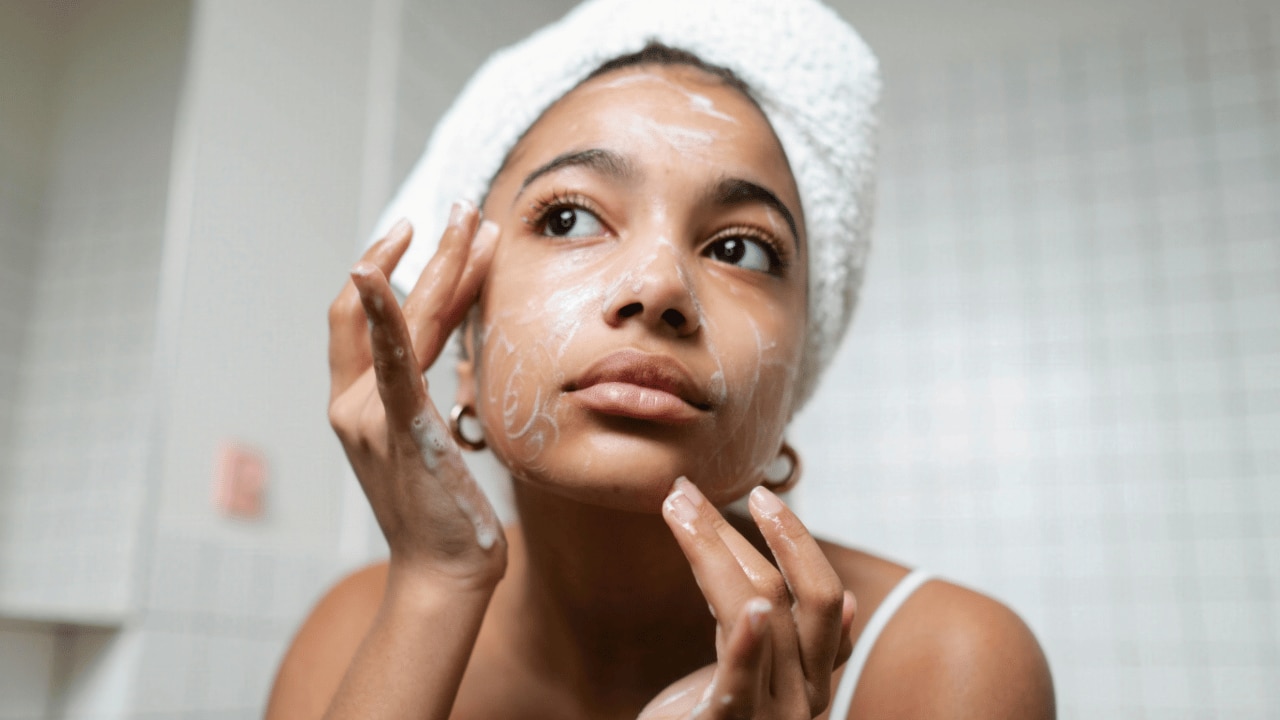
Cleansing removes dirt, excess oil, and residue from your skin so makeup applies evenly. Without it, foundation can cling to impurities and look uneven.
2. Toner
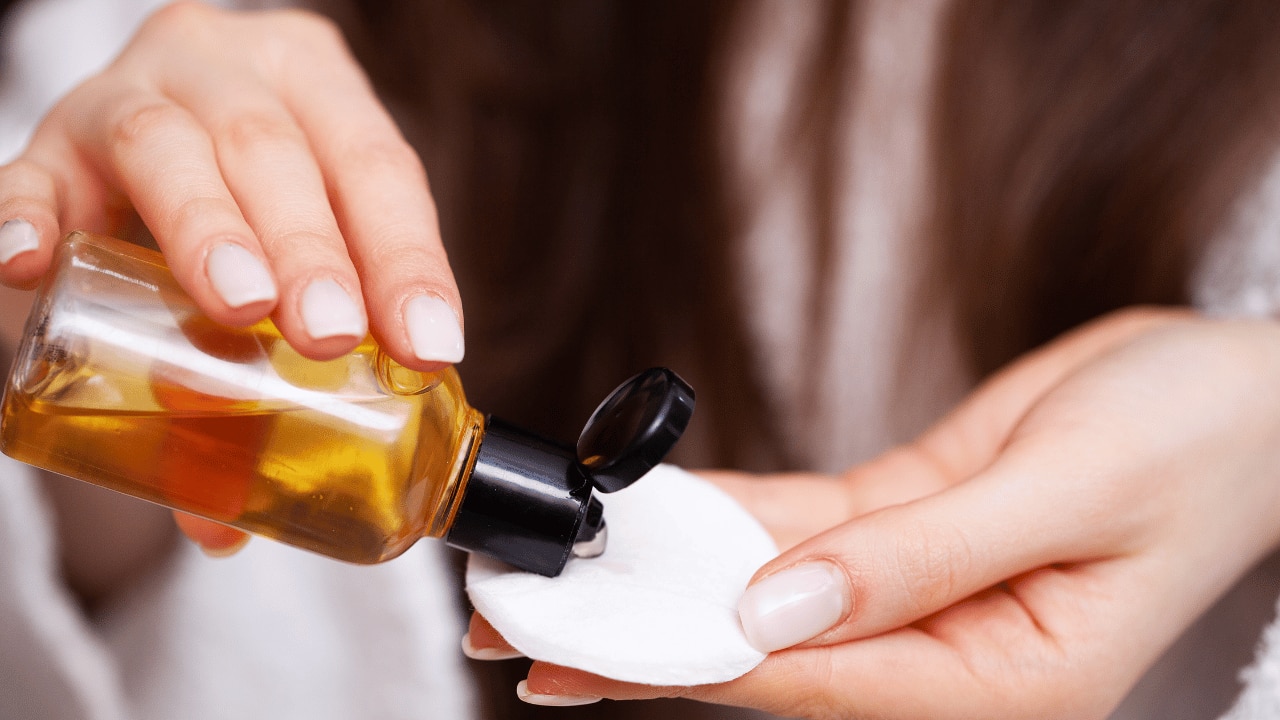
Applying toner before makeup allows you to balance the skin's pH and prep it to absorb the skincare that follows. A gentle formula like the Simple Soothing Facial Toner refreshes the skin without irritation. 3. Serum
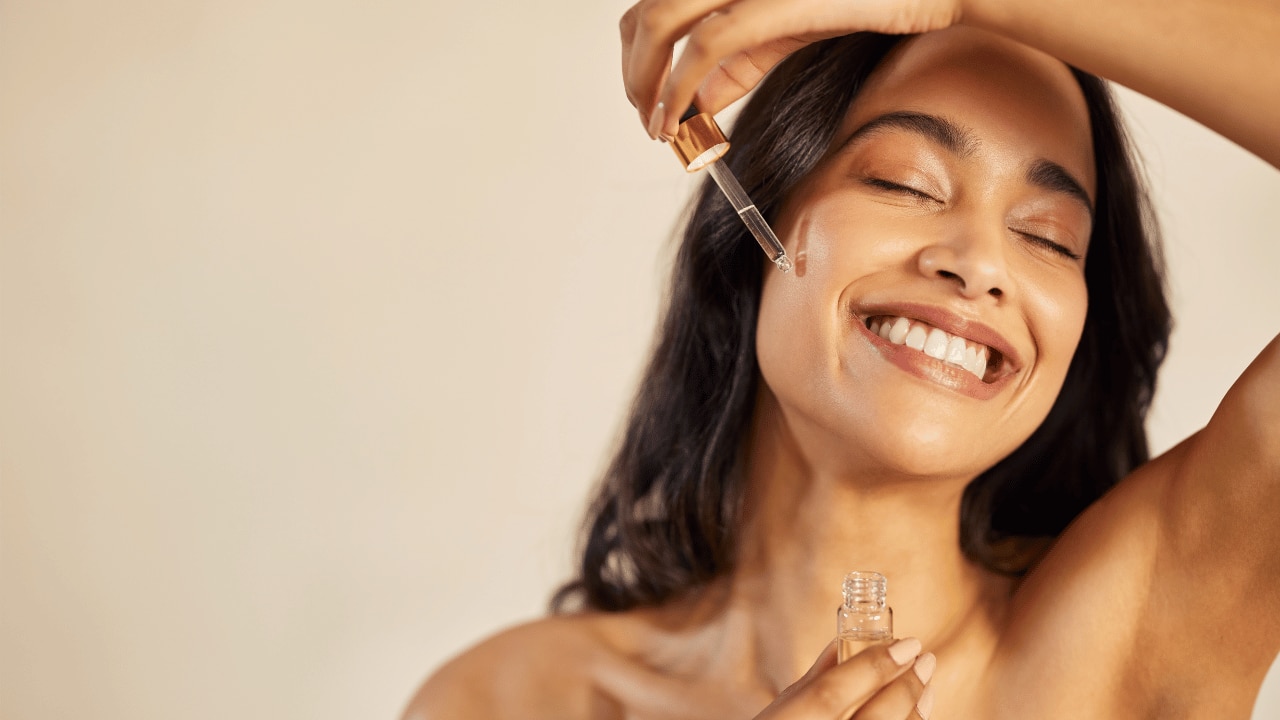
Makeup artists always suggest applying a serum before makeup because the active formulas deliver concentrated hydration and target specific concerns such as dullness, dryness, or uneven tone. The Simple Vitamin B3 Booster Serum boosts glow and strengthens skin's barrier. 4. Moisturiser
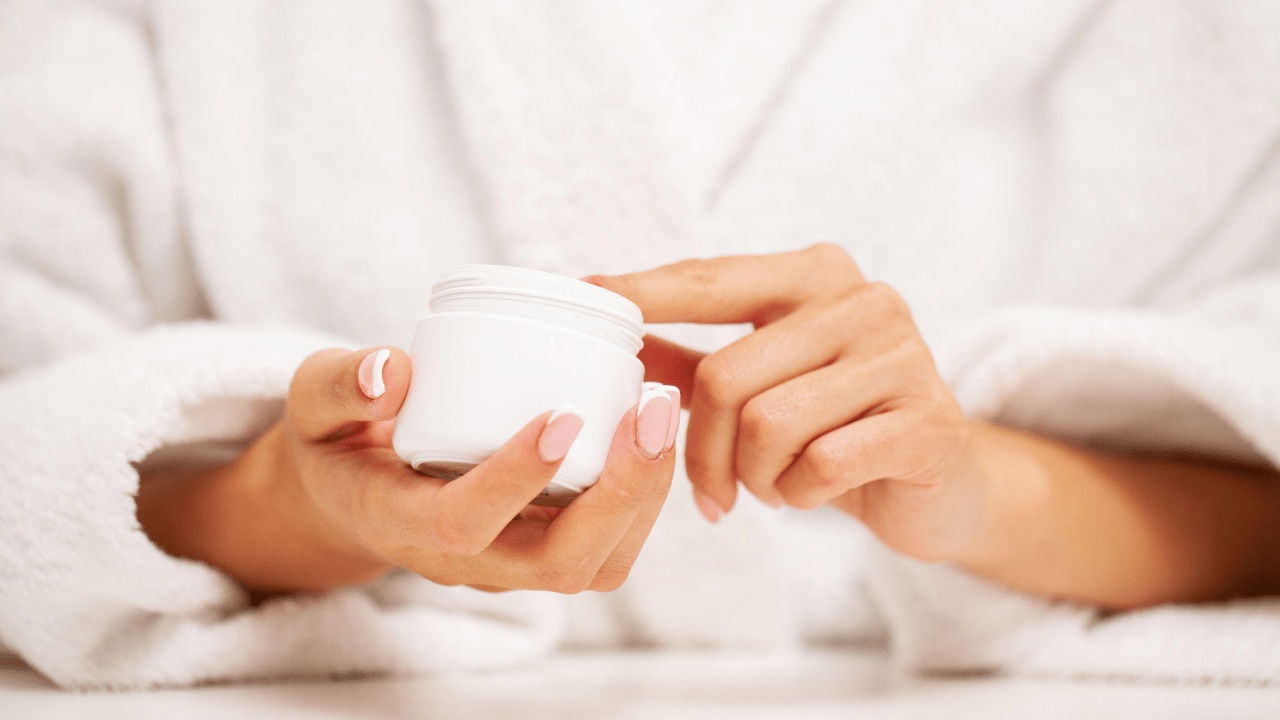
Layering on a moisturiser before makeup is key. It smooths and hydrates, preventing base products from catching on dry patches. The Simple Hydrating Light Moisturiser is a versatile choice for all skin types. 5. Sunscreen
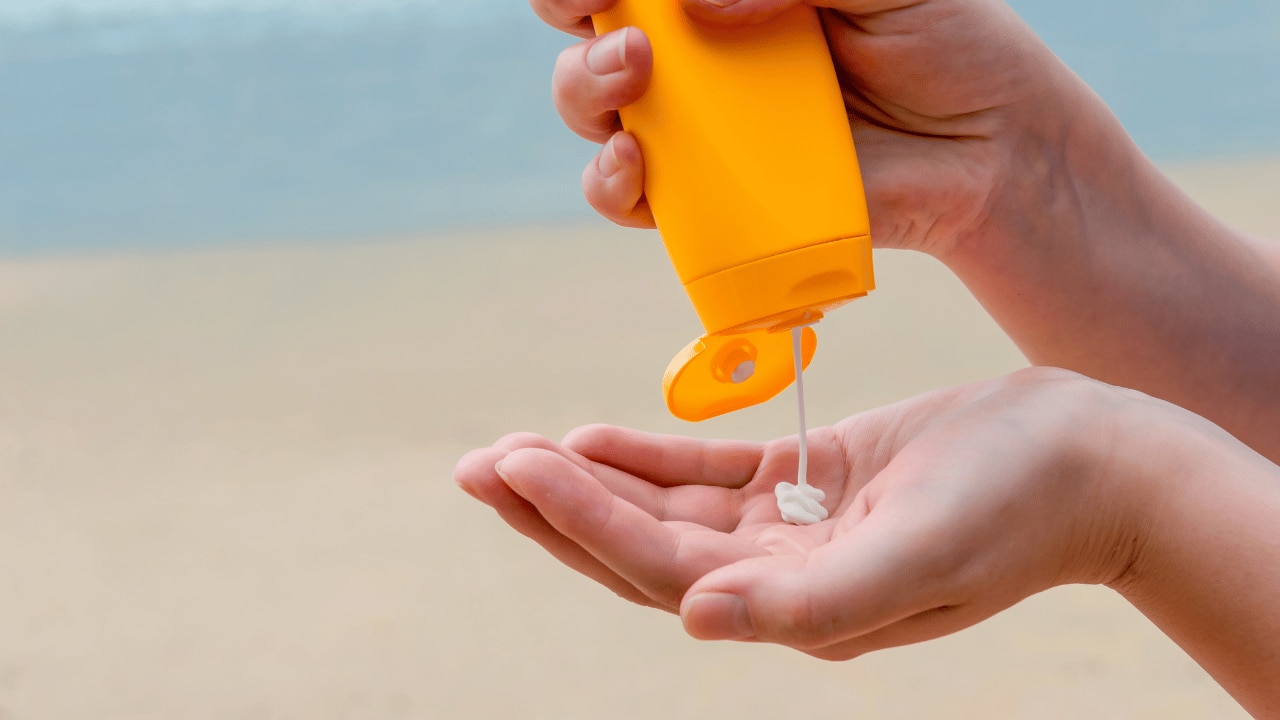
SPF protects against UV damage, which can lead to pigmentation and premature ageing. It also creates a smooth layer under makeup so your skin looks even-toned and protected. 6. Primer

Primer blurs pores, controls shine, and locks makeup in place. Applied after moisturiser and sunscreen, it ensures makeup lasts longer throughout the day.
03Skin prep tips for different skin types
Todarwal notes that the right primer can be a game-changer: "You just need the right formula—mattifying for oily skin, hydrating for dry skin, or pore-minimising if you struggle with open pores." Beyond primer, tailoring your routine to your skin type makes all the difference in how makeup wears throughout the day. The right prep not only helps your foundation, blush and concealer look smoother but also keeps it comfortable and fresh for hours.
Oily skin
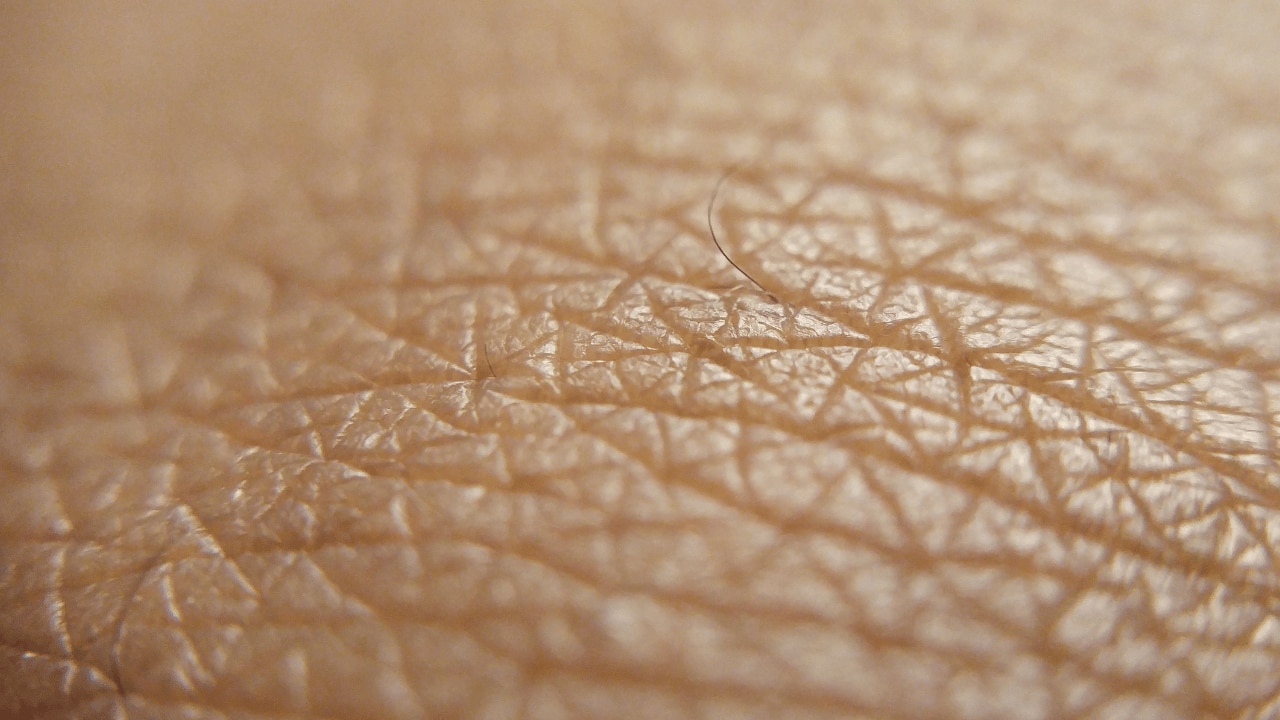
If your skin gets shiny quickly, the goal of skin prep is to balance oil without stripping too much moisture. A few targeted steps can help makeup stay matte and controlled.
- Use a mattifying serum to cut excess oil.
- Apply an oil-free moisturiser sparingly.
- A mattifying primer will help keep shine under control.
Dry skin
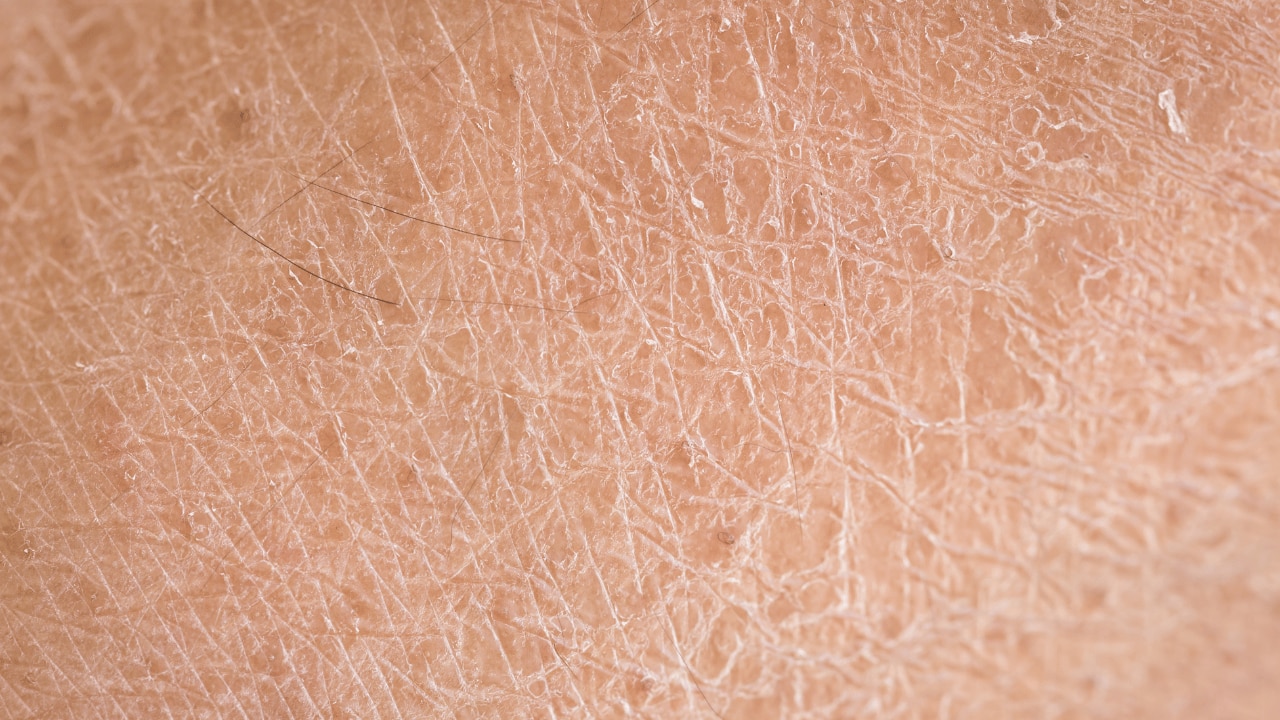
For dry skin, prep is all about layering hydration to stop foundation from clinging to rough patches. The more cushioned your base, the smoother and dewier your makeup will look.
- Start with a hydrating cleanser (avoid foaming formulas).
- Follow with a deeply hydrating serum before makeup.
- Layer a nourishing cream to lock hydration in.
- If you're prone to dry patches, add a drop of facial oil on top of moisturiser before foundation.
- Always use lip balm before applying lip colour.
- Opt for a hydrating or illuminating primer to give skin a dewy finish.
Sensitive skin
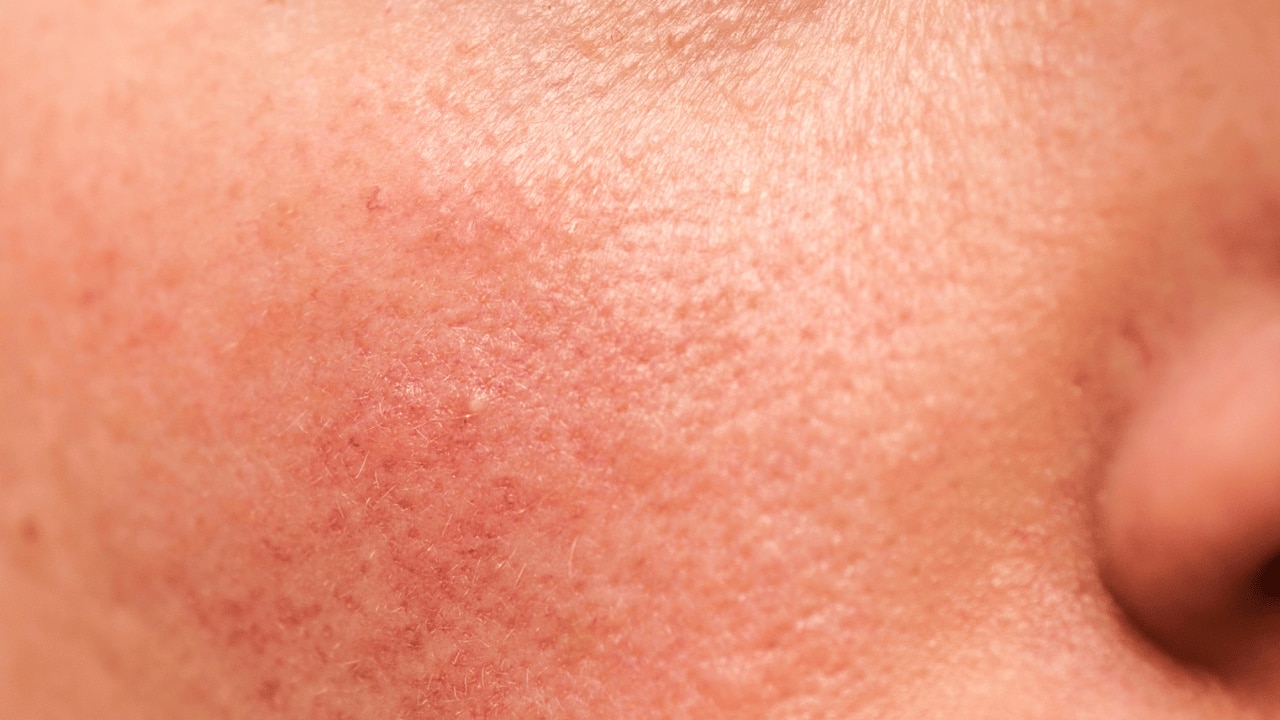
Sensitive skin needs gentle, fragrance-free prep to keep irritation at bay. Think soothing layers and lightweight textures that calm skin while still creating a smooth base.
- Stick to fragrance-free, gentle products.
- A calming serum before makeup helps strengthen skin.
- Use a light, smoothing primer instead of heavy ones.
04Pro Makeup Artist Hacks for Long-Lasting Makeup
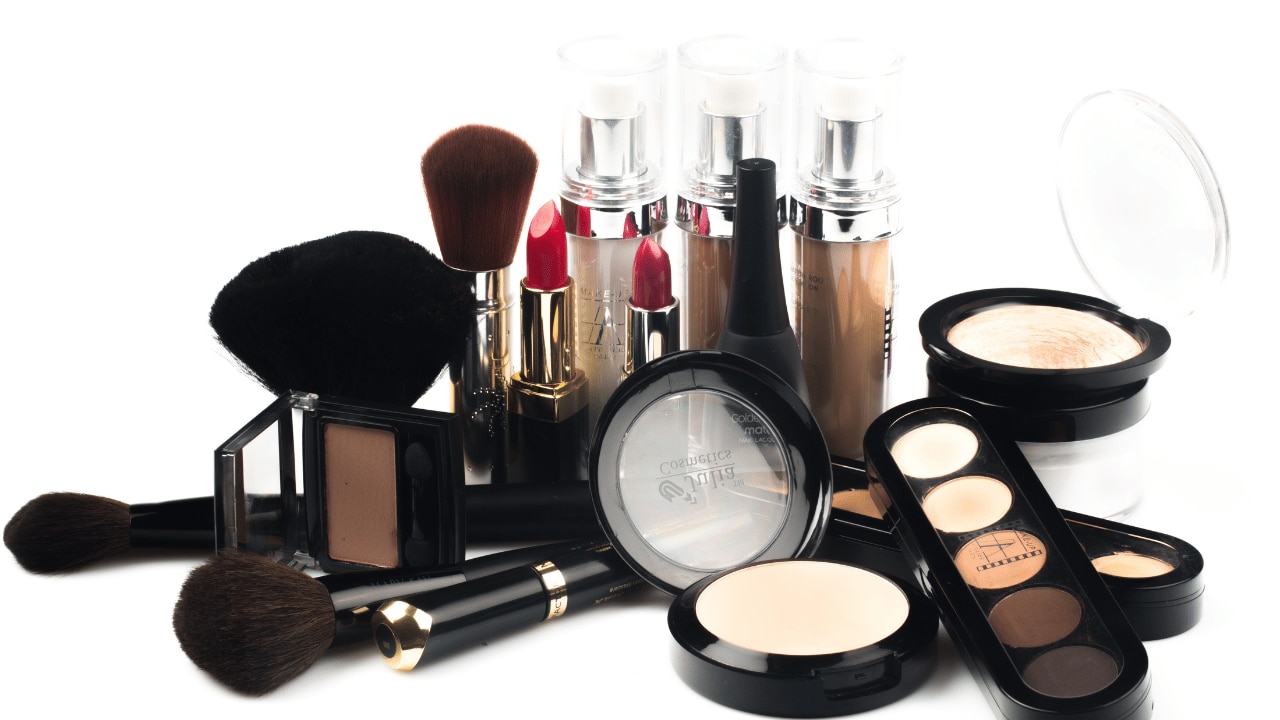
Todarwal recommends giving products time to work: "Apply your serum and moisturiser, then give it a few seconds to soak in before you move on. This helps everything do its job properly."
Other hacks include:
- Massage moisturiser into your skin rather than just spreading it on. This not only boosts absorption but also stimulates circulation, giving you a natural glow even before foundation.
- Focus primer only where you need it—like the T-zone, sides of the nose, or chin—rather than applying it everywhere.
- Hydrate the under-eye area thoroughly to prevent concealer from creasing.
- If you're heading into a long workday, keep blotting papers or a hydrating mist in your bag to refresh your look without disturbing your base.
- For humid weather, swap out heavy creams for lighter gels so makeup won't slip.
- If you're prepping for a night out, a little extra moisturiser under foundation keeps skin looking radiant under artificial light.
05FAQs
Q: What happens if I skip skin prep before makeup?
A: Skipping prep can make your foundation look patchy, settle into fine lines, or fade faster. It also makes it harder to control oil or dryness during the day.
Q: Should I exfoliate before makeup?
A: Light exfoliation 1–2 times a week helps remove dead skin cells, so makeup applies more evenly. Avoid heavy scrubs right before an event—they can leave skin red or sensitive.
Q: How can I stop my makeup from creasing under the eyes?
A: Keep the under-eye area hydrated, use a lightweight concealer, and set with a minimal amount of powder. Heavy products tend to crease more quickly.
Q: Is primer really necessary?
A: Primer isn't mandatory for everyone, but it's helpful if you struggle with excess oil, visible pores, or if you need your makeup to last for many hours.
Q: How should I adjust my skin prep for nighttime events?
A: Focus more on hydration and primer, since you don't need SPF at night. A little extra serum or moisturiser can keep makeup looking fresh under evening lights.
Q: Does oily skin still need moisturiser?
A: Absolutely. Skipping moisturiser can cause your skin to overproduce oil, making shine worse.

